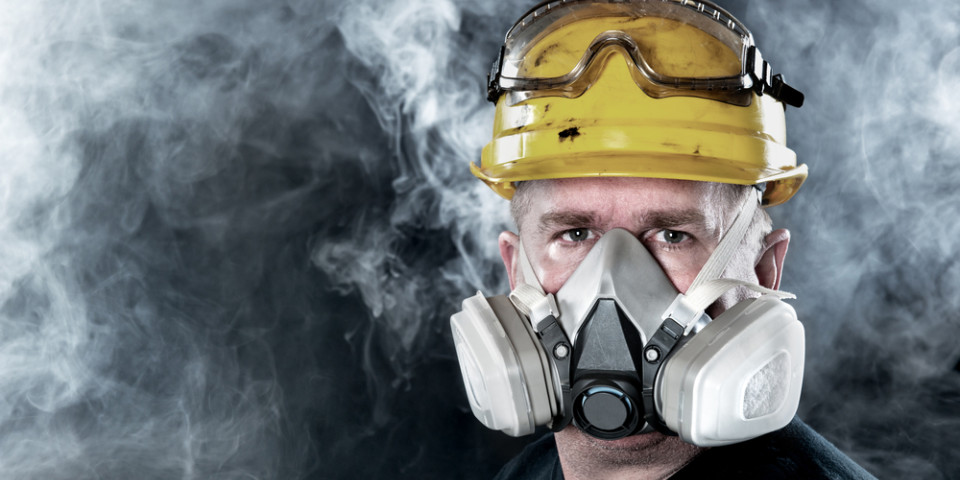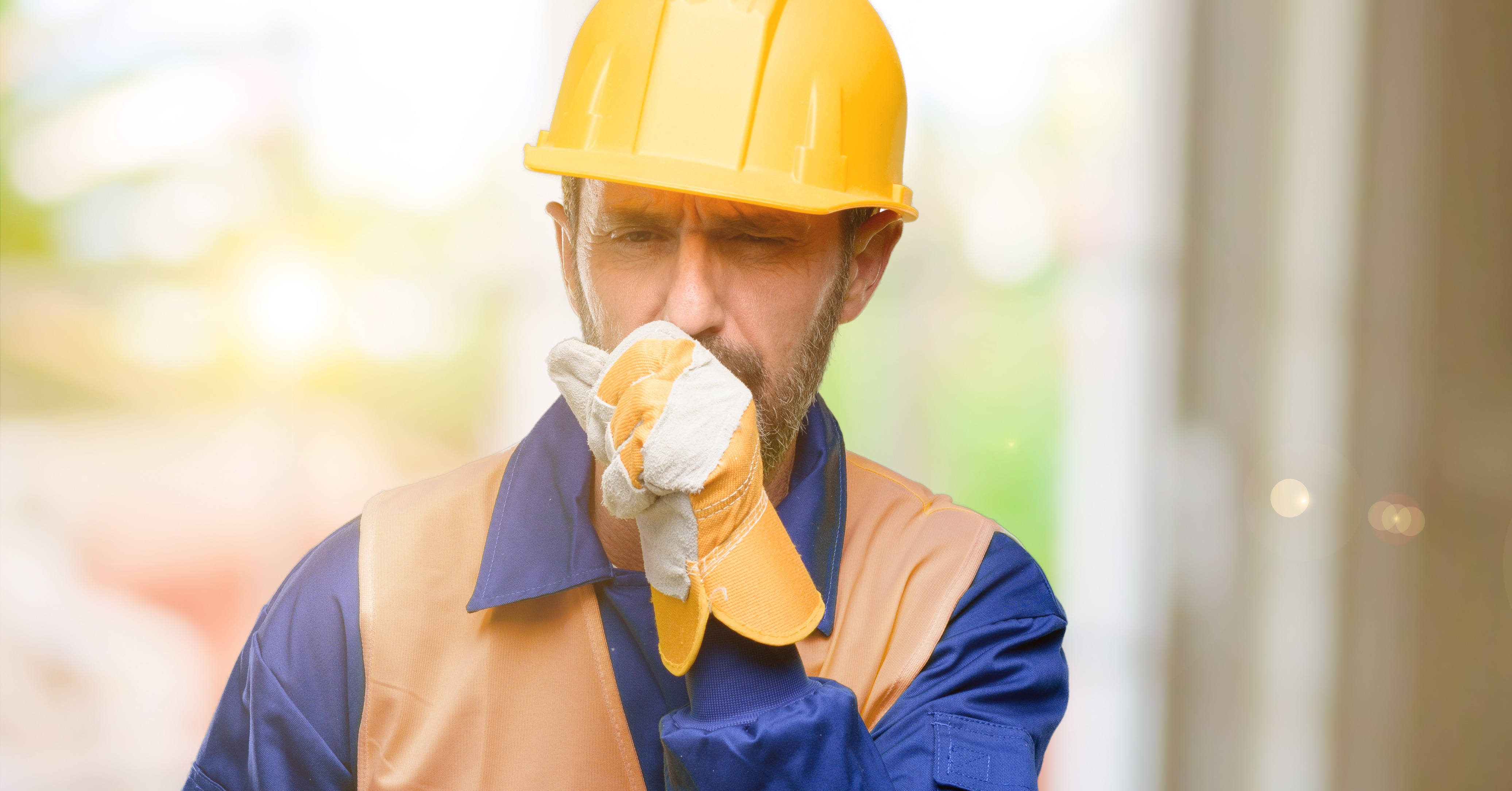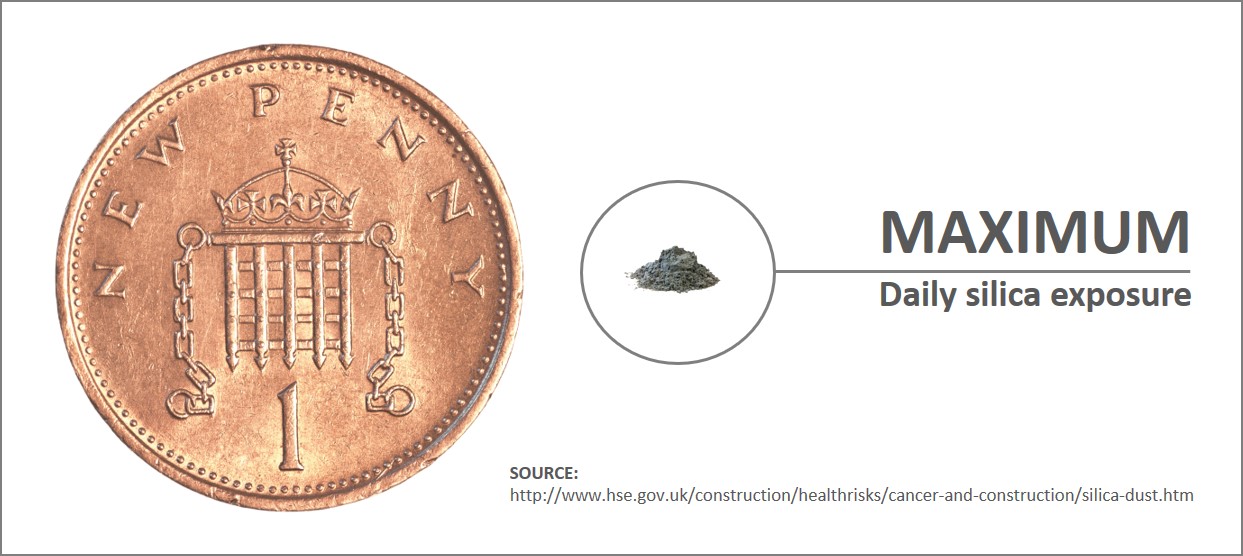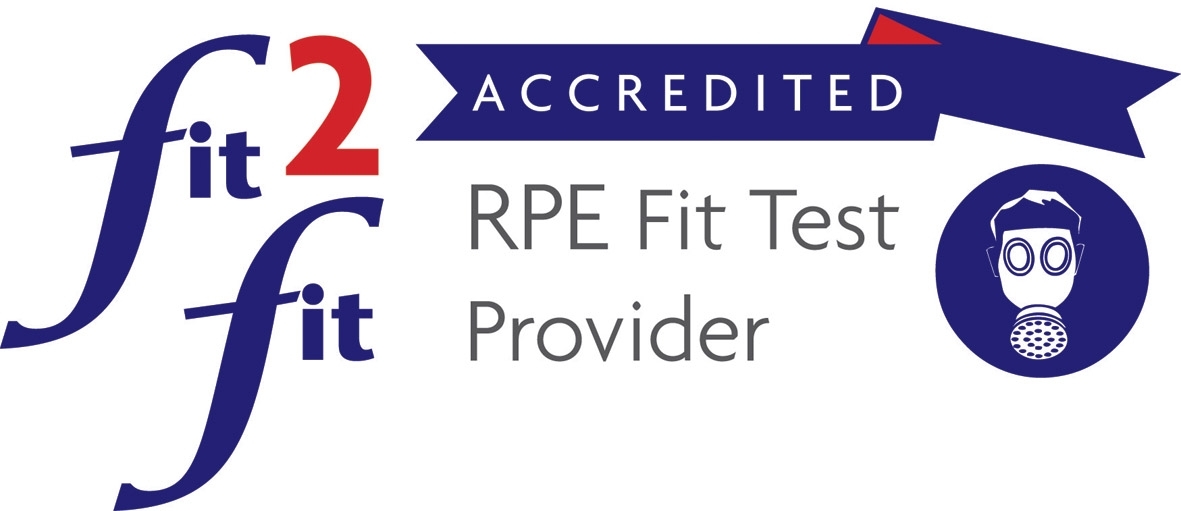Latest News
All About Face Fit Testing
Posted on Friday, 26th October 2018

Face fit testing is a vital part of on-site health & safety, because it helps to ensure that face-worn Respiratory Protective Equipment (RPE) will do what it is supposed to do; protect the wearer while being appropriate for the specific task.
Essential Site Skills provides Face Fit Testing carried out by a Fit2Fit accredited tester as well as Face Fit Train the Tester courses for those looking to carryout Face Fit Testing on site at their own convenience.
In our blog a couple of weeks ago, we informed you that the HSE’s ‘dustbuster’ construction inspection initiative will be running throughout October, to highlight the risks associated with dust and the workplace. In this week’s blog, we’re returning to dust, to look at the reasons why face fit testing is so critical to health & safety, including the hazards involved in working with harmful airborne contaminants and the damage they can do.
We will also explain what face fit testing involves and why proper, accredited testing and training is essential, from a Fit2Fit accredited organisation.
Air Quality and Safety at Work
Air quality in the developed world is getting worse. In many built-up areas there are high levels of dangerous pollutants in the air. However, while respiratory risks are now something more and more people face in their daily lives, in the construction and other sectors, they have long been commonplace.
This is one reason why protective respiratory masks are a workplace requirement.
The third largest work-related illness in the UK comprises respiratory-related conditions and diseases. Many workers are at risk, including carpenters, gas-fitters, plumbers, metal plate workers, people working in vehicle body-building and even bakers.
Because the range of work, and type of workers, is so broad, there are different makes and model of RPE available. This means a crucial element in face fit testing is knowing which RPE is right for a specific task or role.
The other vital thing is the fitting of the respirator equipment. Face fit testing is there to ensure that the facemask is tight-fitting, ensuring there is good contact between the wearer and the mask. It sounds simple, but get it wrong, and not only your staff, but your entire business, could be at risk.

Airborne Risks
The workplace can produce several hazardous airborne materials. On construction sites for example, there is danger in exposure to dust. Breathing in dust can lead to diseases such as asthma, lung cancer and chronic pulmonary obstructive disease (CPOD).
In particular, silica dust is present in many building materials, including concrete, sandstone and mortar, and exposure to it can cause silicosis, a lung disease with a long latency, where illness following exposure only becomes noticeable over time.
Typical construction site tasks involving brick-cutting, sandblasting, stone-work and tunnelling can all produce silica dust. Workers may then inhale airborne crystalline silica particles if they are not wearing effective RPE.
And that’s not all; there are other hazardous airborne contaminants too, including wood dust from hardwoods and MDF, and other low-toxicity dusts produced from working with stone, which nonetheless can cause lasting respiratory damage when workers are exposed to them over time.

Does the Mask Fit?
Unfortunately, there is not a single standard of fitting when it comes to protective facemasks. Due to the range of demands – and range of people wearing them - there are an entire spectrum of different RPE masks, including full-face masks, half-masks and disposable filtering face-pieces. The one thing they have in common, however, is that they all must fit tightly, and properly, to the face.
If this is not the case – if the mask does not fit correctly - then that piece of equipment will essentially be ineffective, putting the wearer at risk from breathing in hazardous airborne contaminants.
Moreover, even more so that the range of protective masks on the market, people’s faces come in all shapes and sizes, so matching them to the right RPE is vital. The only way to ensure that there are no gaps or leaks in the mask is through face fit testing. Where this was once done by pure guess work on the part of the worker, the process now comes with clear, accredited standards, under the Fit2Fit scheme.
In fact, there are now two methods to ensure a suitable fit;
- Qualitative tests rely on the wearer’s subjective assessment of face-seal leakage, supported by a trained Fit2Fit tester. During a set of test exercises, this test uses the wearer’s sense of smell or taste to detect face-seal leakage of a test agent.
- Quantitative tests use a Portacount machine and measure the number of ambient particles inside and outside a facepiece, to provide a numerical result resulting in a pass or fail.
The type of RPE determines which test should be undertaken, with guidance as to which mask requires what type of test being provided by the HSE in the guide HSG53.
Fit2Fit Accreditation
The Health & Safety Executive (HSE) with the British Safety Industry Federation (BSIF) and other industry bodies, developed the Fit2Fit accreditation scheme in 2009.
Under the scheme, face fit test providers must demonstrate an acceptable level of competency to responsible employers. Previously, HSE had updated its Control of Substances Hazardous to Health (COSHH) regulations to include the requirement that any RPE should be face fit tested with the wearer.
Face fit testing is now a legal requirement and the HSE is likely to act in situations where it considers RPE to be unsuitable. There can be grounds for action if employers fail to provide documented evidence of the suitability of RPE used in their workplaces. This evidence typically includes face fit test reports, including records for all employees wearing RPE.
Face fit testing is different to someone conducting a fit check when routinely putting on their RPE. Face fit testing is carried out to ensure that the mask is a correct fit when worn as per the legal guidelines and the manufacturer’s instructions. Therefore, the wearer of the mask should carry out a fit check on their mask every time they use it or intend to enter a hazardous area. Always refer to the manufacturer’s guidance on how to carry out a fit check correctly.
What the Fit2Fit accreditation scheme ensures is that the face fit tester is competent to carry out the testing. As you have come to expect from us, Essential Site Skills have both Fit2Fit accreditation and are a BSiF Registered Safety Supplier, so we’re fully equipped to provide the training you need to ensure your staff are safe, whatever they’re dealing with.

Our Face Fit Testing Training
The Essential Site Skills Face Fit Test provides individuals with instruction in the method to check that a tight-fitting facemask matches the wearer’s facial features. It’s ideal for any UK employees wearing RPE, as it will provide them with the required certificate that proves they have the right protection.
But most importantly, it helps protect employees in the workplace, and, as a result, ensures your business is protected too.
For more about this course, please contact us on 0115 8970 529, email info@essentialsiteskills.com, or send us a message using our contact form, and we’ll be in touch as soon as possible.
Alternatively, you can visit the ESS shop, to view the full range of RPE equipment we have for sale. Essential Site Skills are experts in RPE training and provision, so we have a wide selection of reusable respirators, mask filters, accessories and testing kits, all at very reasonable prices.
In fact, you could say that ESS is your one-stop-shop for all things related to respiratory protective equipment!


